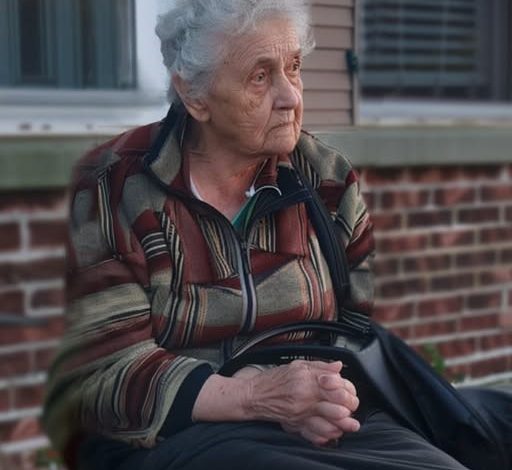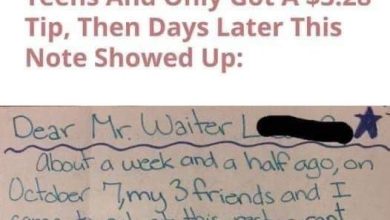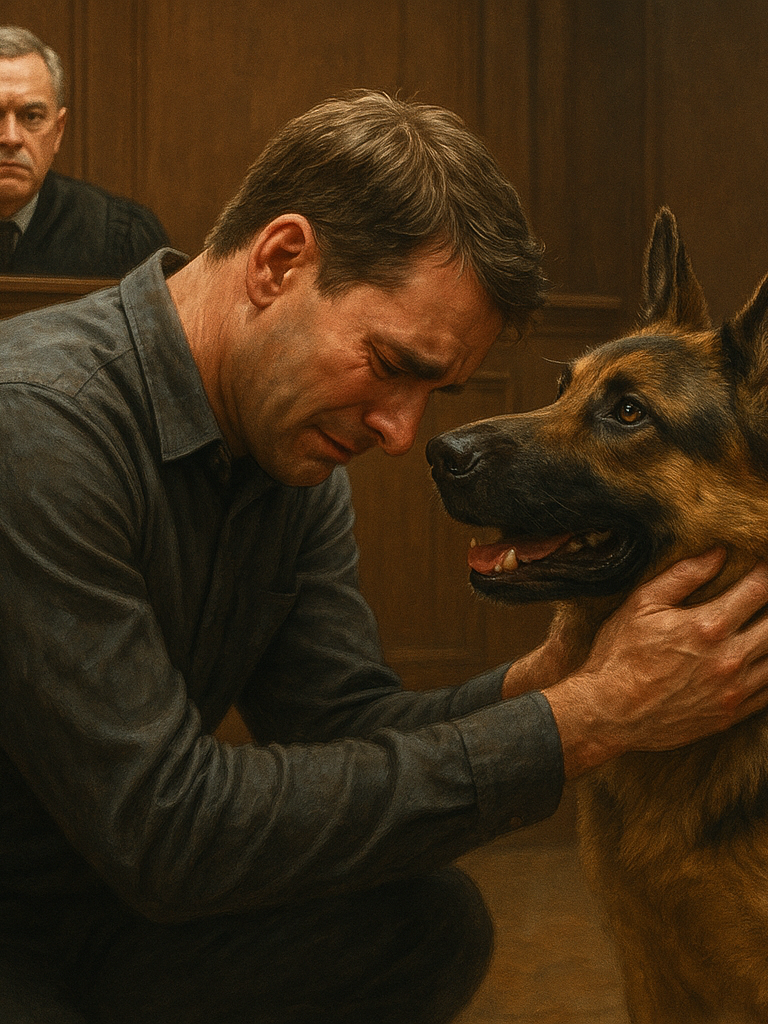When my brother Paul kicked Grandma Eleanor out for not contributing financially, I took her in—not out of obligation, but because love and loyalty meant more than money. As she rebuilt her life and found unexpected success, Paul’s regret surfaced, but I wondered if it was enough to heal what had been broken.
“Rachel, I can’t keep doing this,” Paul said one evening, slamming his cup onto the table. “She’s costing too much.”
She’s our grandmother, Paul. She raised us,” I said, trying to keep my voice steady.
“That was then. Things are different now,” he shot back. “She just sits there, painting and wasting time. She doesn’t bring anything to the table anymore.”
“Those paintings mean something to her,” I countered. “And maybe they’d mean something to us, too, if we actually paid attention.”
Paul scoffed. “Sentimental nonsense. I have to think about the future. We can’t afford dead weight.”
Days passed, and his attitude only grew colder. I saw the way Eleanor clutched her paintbrushes like lifelines, how she tried to hide the hurt in her eyes. Then one night, Paul called me.
“She needs to move out,” he said flatly. “I can’t do this anymore.”
“Where is she supposed to go?” I asked, my stomach sinking.
“With you,” he said, as if it were the simplest solution in the world. “You’re the one who cares so much.”
The conversation left a bitter taste in my mouth, but I agreed. I prepared the spare room, determined to give Grandma a place where she felt safe.
When I told her, she smiled softly, though I could see the tears glistening in her eyes. “Thank you, Rachel. You’ve always had a kind heart.”
“Grandma, you don’t have to thank me. This is your home now.”
The move was quick. Paul didn’t even help. He just stood in the doorway, watching as we packed her few belongings. “You’re doing the right thing,” he muttered, but it sounded more like he was trying to convince himself.
On the drive to my house, the silence felt heavy. Then, just as we pulled into the driveway, Eleanor reached over and squeezed my hand. “I’ll be okay, Rachel.”
Inside, my kids greeted her with open arms. “Great-Grandma, will you teach us to paint?” they asked, already dragging her toward the living room where an easel was waiting.
Eleanor’s smile, genuine and warm, was the first I had seen in weeks. “Of course, darlings. Let’s make something beautiful.”
With each passing day, she rediscovered her passion. My kids became her biggest fans, always eager to see her latest work. Encouraged by their enthusiasm, she began sharing her paintings online. People responded with admiration, praising not just her art, but the emotion behind it.
Then, one evening, she received an email. Her hands trembled as she read it. “Rachel, look at this. A gallery wants to give me a solo exhibition.”
“That’s incredible, Grandma! You deserve this,” I said, hugging her tightly.
The weeks that followed were a whirlwind of excitement. Eleanor worked tirelessly, pouring her heart into new paintings. My kids helped pick frames and write descriptions for each piece. When the night of the exhibition arrived, the gallery buzzed with excitement. Guests marveled at her work, and by the end of the evening, nearly every painting had sold. She even received commission offers, securing her financial independence.
Word of her success traveled fast. A few days later, Paul showed up at my doorstep. His usual arrogance was gone, replaced with something almost uncertain.
“Rachel, can we talk?” he asked, his voice quieter than I had ever heard it.
“What do you want, Paul?” I asked, crossing my arms.
“I made a mistake,” he admitted, looking down. “I shouldn’t have kicked her out. I see that now.”
Eleanor stepped forward, her gaze steady. “It’s a little late for that, Paul,” she said. “You showed your true colors when you turned your back on family.”
“I just… I want to make things right,” he pleaded.
“No, Paul,” she said, her voice firm. “You don’t want to make things right—you just want to be part of something now that you see its value. Where was this concern when I needed a home? When all I had was my art and my memories?”
Paul opened his mouth to protest, but she silenced him with a single sentence.
“You lost our respect.”
His shoulders slumped. “Please, Grandma. Give me a chance.”
“You need to learn what it means to truly value people, not for what they provide, but for who they are,” she said. “Until then, there’s nothing more to say.”
Paul stood there for a moment, as if hoping she might change her mind. But she didn’t. Finally, he lowered his head and turned away.
As the door closed behind him, Eleanor let out a breath and turned to me. “Rachel, I’m so grateful for you and the kids. You’ve shown me what true family is.”
Her story spread far beyond our town. People didn’t just come to see her paintings; they came to hear about the woman who had rebuilt her life after being cast aside. She became a symbol of resilience, of dignity.
One evening, as we sat in the living room with the kids painting at her feet, I found myself reflecting on everything that had happened. “Grandma, your strength changed us all,” I said. “You taught us what it means to stand up for ourselves—and to cherish the people who truly matter.”
She smiled, her eyes twinkling. “It’s never too late to find your strength,” she said. “And it’s never too late to teach others what family truly means.”
Paul, meanwhile, was left to reckon with his own choices. He watched from a distance as Eleanor’s life blossomed without him. It was a harsh lesson, but one he had brought upon himself.
He had measured family in dollars and cents, and in the end, he had lost something priceless.
Visited 26 times, 1 visit(s) today





